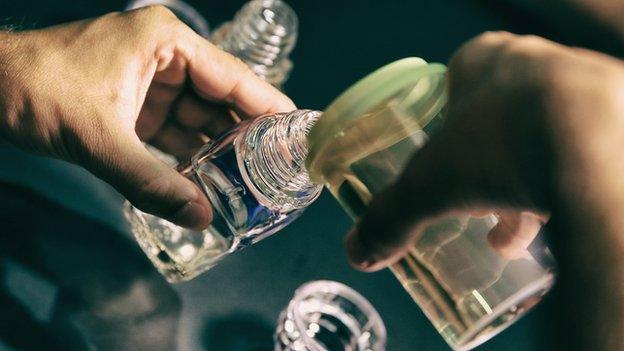Doping in athletics: British athlete avoided inquiry, claims German TV
- Published
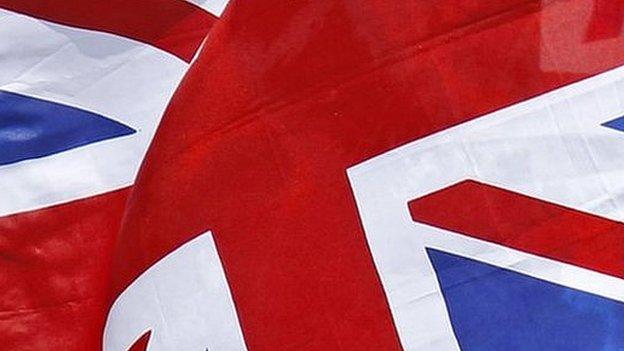
A top British athlete escaped a doping inquiry after the IAAF, the sport's world governing body, decided not to look into 150 suspicious blood samples, a German television documentary claims.
Broadcaster ARD alleges an unnamed member of the IAAF's medical commission had a list of cases from 2006 to 2008 that were not investigated.
According to the IAAF official, the samples were "highly suspicious".
It is alleged many came from Russia, but at least one was from a Briton.
Others came from Kenya, Germany, Spain and Morocco.
The British athlete cannot be named for legal reasons and both British Athletics and UK Anti-Doping have declined to comment.
ARD has already alleged there is systematic doping in Russian athletics and implicated the IAAF in covering up the problem.
Russia doping claims damaging - Lord Coe
The BBC has not independently verified any of the claims but the Russian Athletics Federation has called them "lies".
The IAAF said the contents of the documentary would be looked into by its Ethics Commission, which is already investigating earlier ARD claims.
But it stressed: "A member of the IAAF Medical and Anti-Doping Commission would not know whether follow-up tests would have been conducted or not."
It also pointed out that its athlete biological passport scheme was only launched in 2009 and blood samples collected before this date "do not have the same level of reliability and strength as the post-2009 values which were collected under strict and stringent conditions".
It added pre-2009 samples were only used as "secondary evidence", or to trigger follow-up urine tests "whenever possible logistically".
However the latest claims will add weight to Lord Coe's campaign for the IAAF's anti-doping system to be completely independent in terms of testing and sanctions.
Coe, who is running for the IAAF presidency, has made the establishment of an independent doping body a key part of his manifesto.
"There is a disproportionate amount of reputational damage being caused by a small number of countries," he said.
"This is not endemic across the world of athletics.
"Independent testing and sanctioning would take some of the pressure off member federations and cut through any potential for conflict.
"We have to get this right. This is the time to really push for a wholly independent arm to our testing procedures."
Dick Pound, the former president of the World Anti-Doping Agency, dismissed Coe's call for independent testing as "too expensive" and argued that Russia needed to sort out its own "problem".
However, Pound, who has not seen the evidence himself, admitted the allegations were "quite serious".
He added: "There seems to be at least some evidence to support them so clearly we have a problem and Russia may have a problem."
- Published8 December 2014
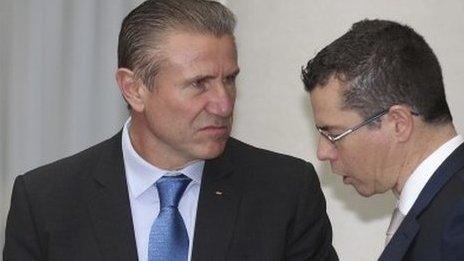
- Published7 December 2014
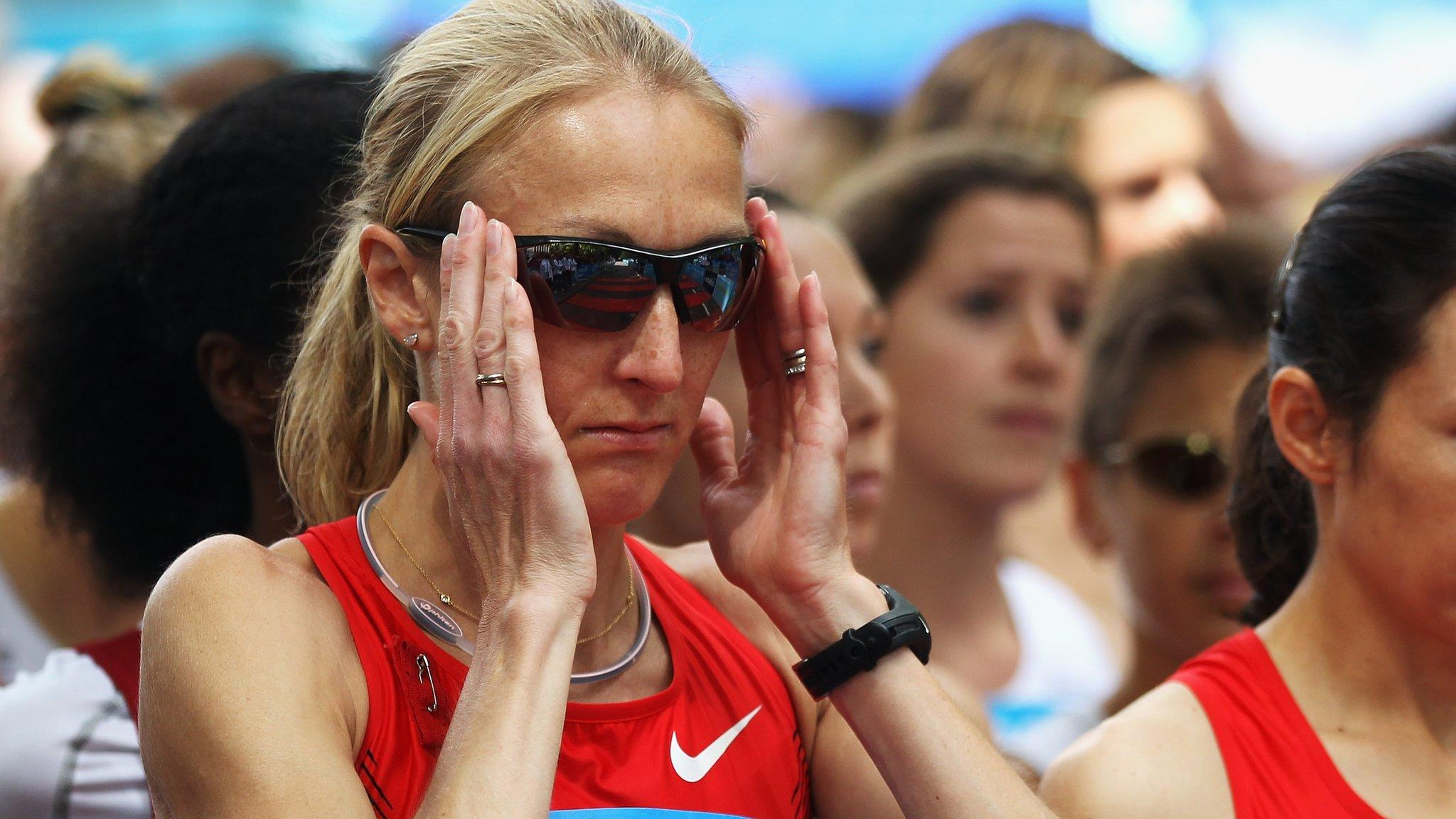
- Published5 December 2014
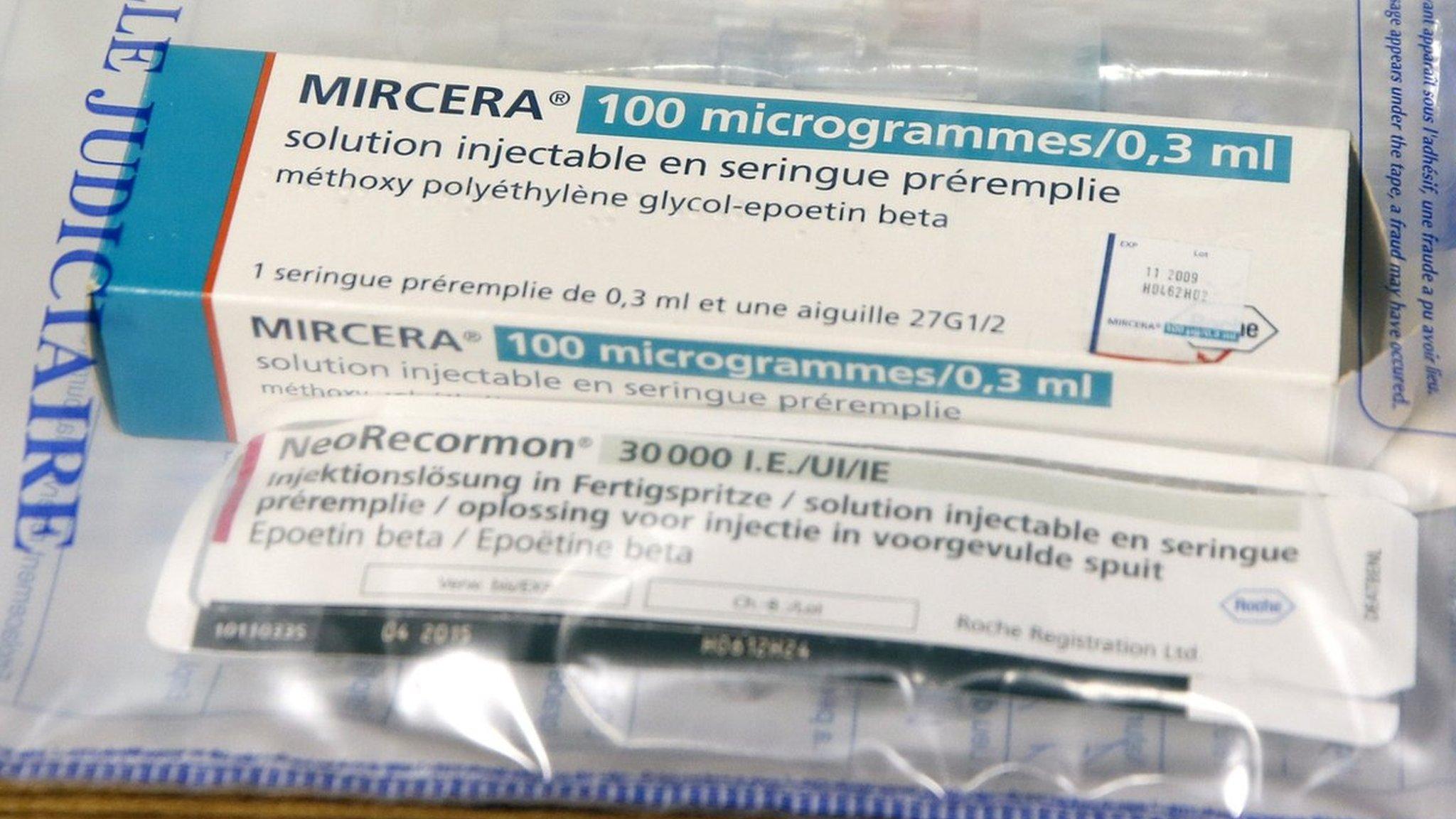
- Published5 December 2014
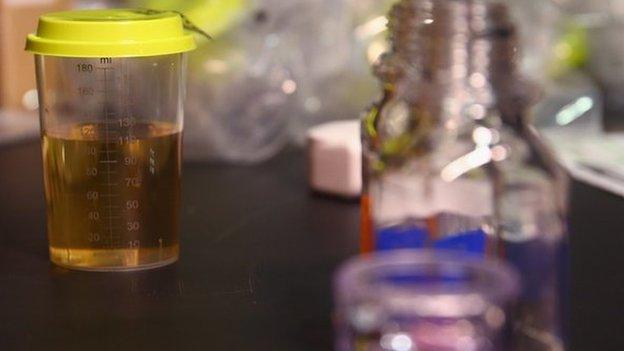
- Published4 December 2014
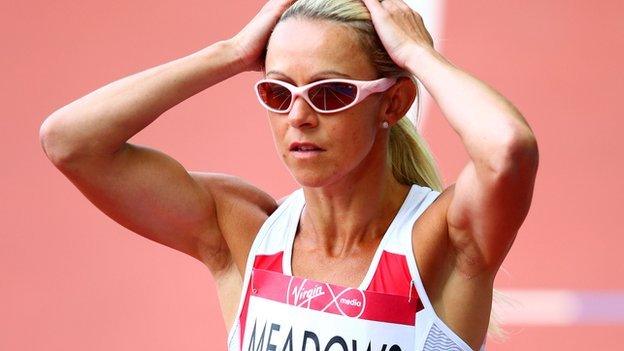
- Published4 December 2014
